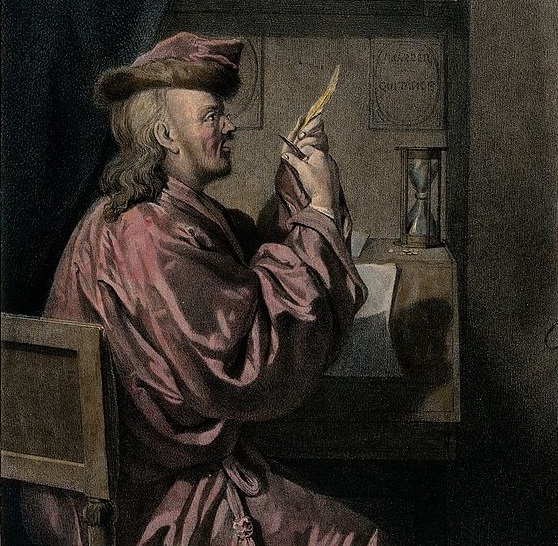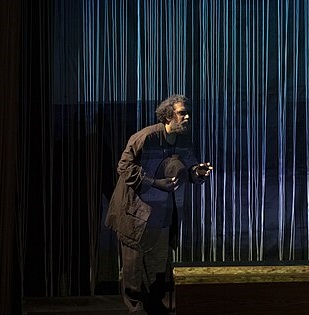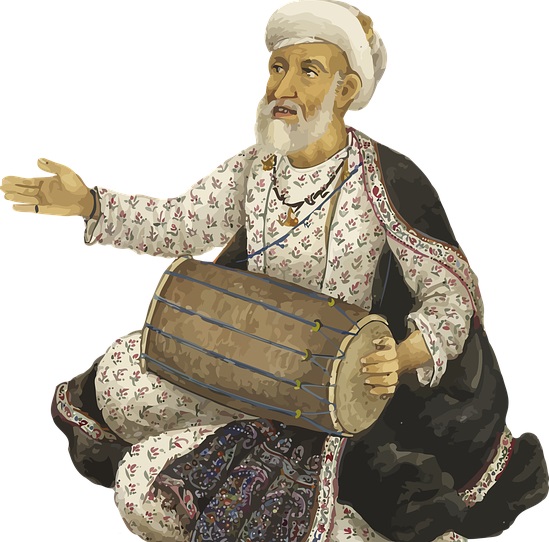
by Richard Subber | Feb 27, 2025 | Book reviews, Books, Human Nature, Reflections, Tidbits
Prepare for the future, don’t try to plan it…
Book review:
Range:
Why Generalists Triumph in a Specialized World
by David Epstein (b1983)
New York: Riverhead Books, 2019
355 pages
We don’t know the future.
We can prepare for it to happen by sampling life and all it has to offer.
We don’t have to choose a career track
or a life path all at once when we’re young.
Most successful, satisfied people change jobs and change goals during their lives.
“Compare yourself to yourself yesterday, not to younger people who aren’t you.” (p. 290)
Don’t “decide what you should be before first figuring out who you are.” (p. 289)
Michelangelo “left three-fifths of his sculptures unfinished.” (p. 164)
“Instead of working back from a goal, work forward from promising situations.”
Quote from Paul Graham, cited on p. 163
You don’t have to start out committed to one specialized goal or career or life path.
It’s OK to experiment with life, and to keep switching to another thing that interests you more.
It’s OK to take advantage of a lucky break, and make a move in a different direction.
Epstein says it more convincingly, in more detail, with plenty of facts to back up his argument in Range.
p.s. Epstein didn’t start out planning to be a shrewd observer of human nature, but he got there.
* * * * * *
Book review. Copyright © Richard Carl Subber 2025 All rights reserved.
“Fishering,” by Brian Doyle
…what meets the eye…
–
Seeing far: Selected poems with 47 free verse and haiku poems,
and the rest of my poetry books are for sale on Amazon (paperback and Kindle)
and free in Kindle Unlimited, search Amazon for “Richard Carl Subber”
* * * * * *

by Richard Subber | Feb 20, 2025 | Book reviews, Books, Joys of reading, Reflections, Tidbits
a literate TO DO list
Book review:
Tabula Rasa: Volume 1
by John McPhee (b1931)
New York: Picador, 2023
180 pages
It’s potentially thrilling when a talented author decides to clear his plate and clear his mind of the old ideas that haven’t been transformed to words.
I dare to suggest that McPhee’s title, Tabula Rasa, was chosen with tongue firmly pressed against cheek. His mind was working and his imagination was full when he picked the best words for his TO DO list.
Some of the appeal of Tabula Rasa is that his short pieces (50 of them) were collected but not organized. Each one is at least around the corner from the next one, and it’s easy to guess that McPhee never was bored while he wrote them.
This is a literate and thought-filled way to clear the deck.
* * * * * *
Book review. Copyright © Richard Carl Subber 2025 All rights reserved.
Boz indeed! Sketches by Boz
Charles Dickens delivers,
in a fastidiously literary kind of way…
–
In other words: Poems for your eyes and ears with 64 free verse and haiku poems,
and the rest of my poetry books are for sale on Amazon (paperback and Kindle)
and free in Kindle Unlimited, search Amazon for “Richard Carl Subber”
* * * * * *

by Richard Subber | Feb 15, 2025 | American history, Book reviews, Books, Democracy, History, Politics, Power and inequality
They didn’t have an easy life…
Book review:
The Pioneers:
The Heroic Story of the Settlers
Who Brought the American Ideal West
by David McCullough (1933-2022)
Pulitzer Prize winner
New York: Simon & Schuster, 2019
330 pages
This is bona fide David McCullough: endlessly researched, written in profoundly erudite prose, and honestly interesting to a wide range of readers.
The Pioneers tells you as much as (if not more than) you could ever care to know about the hardy folks who founded Marietta, Ohio, in the late 18th century, while George Washington was figuring out how to be our first president.
They didn’t have an easy life. They worked hard to keep slavery out of the Northwest Territory. They weren’t worried much about displacing the Native Americans who had lived in that region for thousands of years. They believed that they were brave and dedicated to making a good life, for themselves and their children.
They did a decent job, really. Read all about it, or read as much of it as you care to.
* * * * * *
Book review. Copyright © Richard Carl Subber 2025 All rights reserved.
Book review: The Bartender’s Tale
Ivan Doig’s story, I mostly loved it…
–
As with another eye: Poems of exactitude with 55 free verse and haiku poems,
and the rest of my poetry books are for sale on Amazon (paperback and Kindle)
and free in Kindle Unlimited, search Amazon for “Richard Carl Subber”
* * * * * *

by Richard Subber | Feb 4, 2025 | Book reviews, Books
where’s the beef?
Book review:
The Stranger/L’Etranger
by Albert Camus (1913-1960)
New York: Vintage International, 1942, 1989
Matthew Ward, trans.
123 pages
I know this is Camus’ first novel, and I know Camus is famous.
The Stranger leaves me cold. The prose is wan, the story detail isn’t too interesting, and the protagonist doesn’t step off the pages much.
Try it if you want to.
* * * * * *
Book review. Copyright © Richard Carl Subber 2025 All rights reserved.
The Reader (Der Vorleser)
Not just a rehash of WWII…
by Bernhard Schlink
–
My first name was rain: A dreamery of poems with 53 free verse and haiku poems,
and the rest of my poetry books are for sale on Amazon (paperback and Kindle)
and free in Kindle Unlimited, search Amazon for “Richard Carl Subber”
* * * * * *

by Richard Subber | Jan 30, 2025 | Book reviews, Books
just a ramble…
Book review:
The Homesman
by Glendon Swarthout (1918-1992)
New York: Weidenfeld & Nicolson, 1988
239 pages
Yeah, The Homesman is a story, alright, but it’s not a page turner.
Swarthout fails to make the homesman likable or believable.
The storyline just basically rambles across the prairie, with a bit of dancing thrown in here and there.
The homesman doesn’t commit to anything, and the author doesn’t commit to anything.
Read the whole story if you want to.
* * * * * *
Book review. Copyright © Richard Carl Subber 2025 All rights reserved.
Book review: “Bartleby, the Scrivener”
Loneliness beyond understanding…
by Herman Melville
–
Above all: Poems of dawn and more with 73 free verse poems,
and the rest of my poetry books are for sale on Amazon (paperback and Kindle)
and free in Kindle Unlimited, search Amazon for “Richard Carl Subber”
* * * * * *

by Richard Subber | Jan 23, 2025 | Book reviews, Books, Poetry, Reviews of other poets
there’s more than structure involved…
Book review:
American Poetry: The Nineteenth Century
Vols. 1 and 2
New York: The Library of America, 1993
Vol. 1 – 1,099 pages
Vol. 1 – 1,049 pages
What can I say?
In general, the poetry of bygone centuries is uninteresting to me.
The poets were convinced that structure was overwhelmingly important, or, perhaps, their readers were convinced that structure was overwhelmingly important, or, perhaps, both.
The word “relentless” comes to my mind. It’s difficult for me to read much of this work—silently or aloud—without bobbing my head, saying the emphasized syllables with increasing vigor and noise, and moving my body to match the all-too-obvious, often drum beat rhythms.
It seems to me that these poets think that the conjunction of selected words is of secondary or tertiary concern, whereas I believe it should be the overriding expression of the poetic arts.
The millions in the past disagreed. So be it.
* * * * * *
Book review. Copyright © Richard Carl Subber 2025 All rights reserved.
Forget about Buffy the Vampire Slayer
Dracula is a scary book, really…
by Bram Stoker
–
Writing Rainbows: Poems for Grown-Ups with 59 free verse and haiku poems,
and the rest of my poetry books are for sale on Amazon (paperback and Kindle)
and free in Kindle Unlimited, search Amazon for “Richard Carl Subber”
* * * * * *





